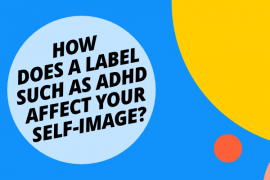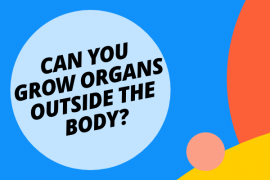Off to a good start in life
Over the past 385 years, Utrecht University and UMC Utrecht have conducted countless studies. For example, we are currently investigating how we can treat babies with brain injury as well as possible. The goal? To make our world of tomorrow a little better. a little better.
The brains of babies born too soon or who have had a bad start can suffer some form of injury or alteration and develop less well. As a result, many of these infants will face developmental problems later on. Manon Benders, together with other researchers at UMC Utrecht, is now researching how to treat these babies earlier so that they get off to a good start in life.
Manon: Through research into brain development, we know that the first 1000 days are crucial for the development of a child. During this period – the time spanning between conception and a child’s second birthday – the brain develops at a fast pace, generating connections that are essential for the development of motor maturity, attention, interaction and self-regulation.
If there is any brain damage, it is important to recognise it quickly.
Manon continues: If there is any brain damage, it is important to recognise it quickly. It turns out that early treatment with medication or therapy is much more effective than waiting until the child is well on their way to development.

To assess the long-term effects of the treatments, our Utrecht researchers are following thousands of these children from pregnancy until childhood. And sometimes even into early adulthood.
In this way, we are also learning how to better predict which children run a high risk of developing behavioural, psychological or psychiatric problems later in life, and what type of treatment or support structure they will need to thrive just as much. This is groundbreaking, because damage to brain tissue was considered irreversible.
This research is groundbreaking, because damage to brain tissue was considered irreversible.
Through these and other studies, we can improve the development and well-being of children born prematurely or who face complications at or around birth, and give every child the best chances in life.




